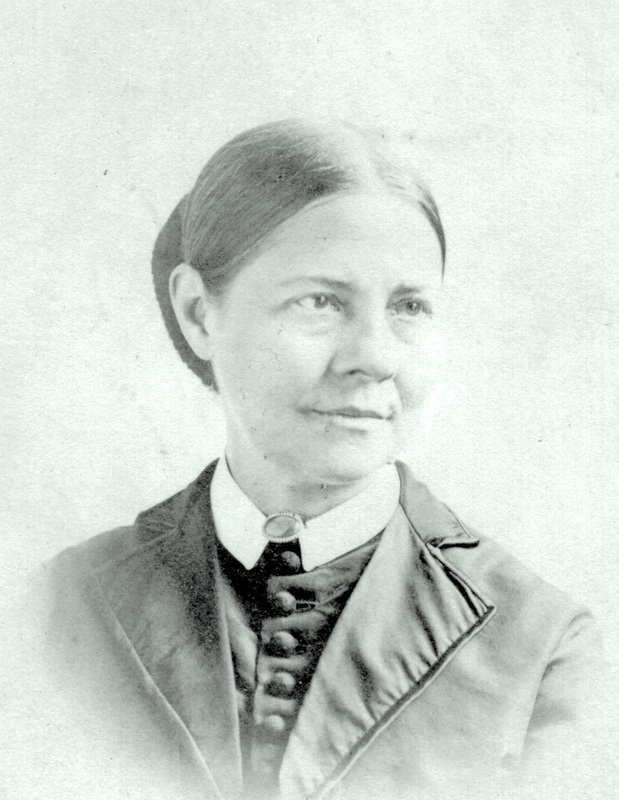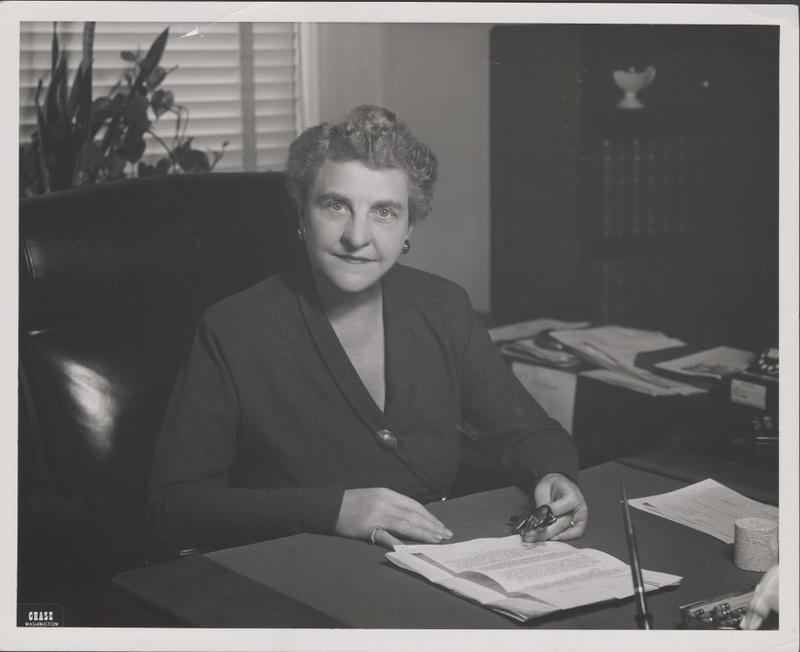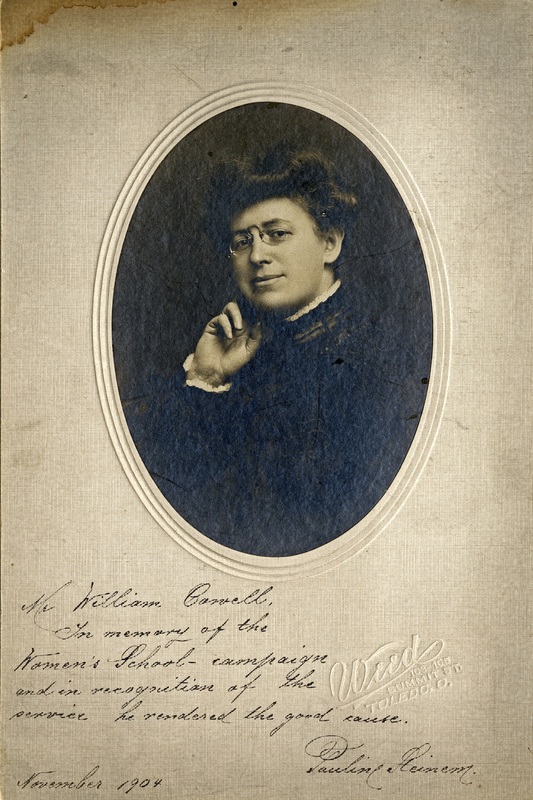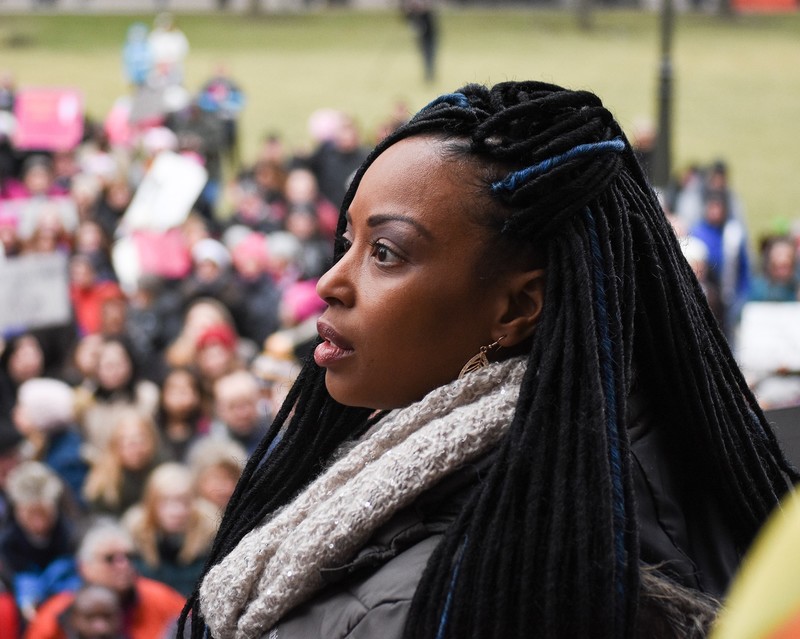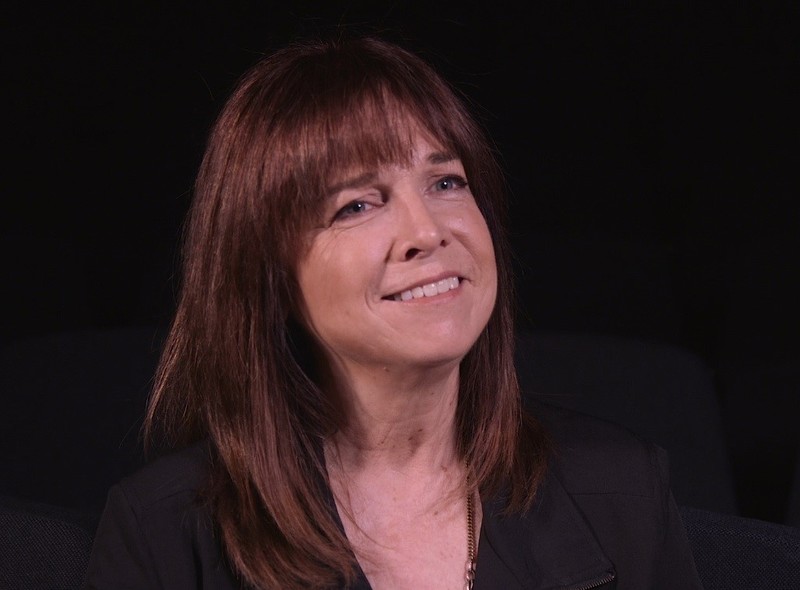How do women support each other?
How do women support each other?
Women have always had different opinions about the issues that affect them and how to achieve equality. But many advocate for working together, listening to one another and standing up for all women, to protect everyone's rights and help them succeed.
“How long it will be before Women will even begin, to be what they ought to be. Still a great change is working, and the right will come uppermost. I don’t now, ever wish that I was a man. Tis better as it is. I can do more to help elevate women.”
Lucy Stone, 1850
Lucy Stone (1818-1893) lived her life by her principles, defying gender norms and instilling her egalitarian beliefs in her daughter, Alice Stone Blackwell. Although Stone died more than two decades before women won the right to vote, her daughter became a feminist who continued her mother’s fight.
“Prejudice [must be put down] wherever it raises its head, whether we are victims or not . . . . [An] attack on any group endangers everyone’s freedom.”
Frances Payne Bolton, 1954
Born in Cleveland, Ohio, Frances Payne Bolton (1885-1977) was the first Ohio woman elected to the U.S. Congress. She served as a Republican representative of the 22nd district from 1940-1969. Bolton advocated for federally-subsidized nursing education and for military nurses to have the same status and pay as male officers.
“Women did not yet have the vote nationally when my grandmother ran for the board of education…. To frighten women out of the “unnatural” act of voting, gangs of men and boys surrounded the polls, and indulged in what we would now call sexual harassment. My grandmother won by organizing women to go to the polls—together.”
Gloria Steinem speaking about her grandmother, Pauline Perlmutter Steinem, 1997
Pauline Perlmutter Steinem (1863-1940) immigrated to Toledo, Ohio, from Germany in the 1880s. A suffragist and an active member of the Jewish community, Steinem became the first woman elected to the Toledo School Board in 1904. Her granddaughter, author and feminist Gloria Steinem (1934-present), continues her legacy of social activism.
“We’re not perfect. None of us are perfect. We just need to be able to hear each other, listen to each other, and see each other.”
Rhiannon Childs, 2019
Reflecting on the 2017 Ohio Women’s March, Rhiannon Childs (1978-present) believed that it could have been more intersectional. She stated that it is important for activists to acknowledge when they are wrong and continue to listen to others to get it right.
“This is our family, this is our tribe, and we’re taking care of each other, whatever it takes. It’s not just a place for second chances; it’s a place for third and fourth and fifth chances. We’re there for you.”
Paula Haines, 2019
Paula Haines (1964-present) is executive director of Freedom a la Cart, a nonprofit organization that provides survivors of sex trafficking with support services and job training in the food service industry. Her team of staff and volunteers serve over 200 survivors every year.
